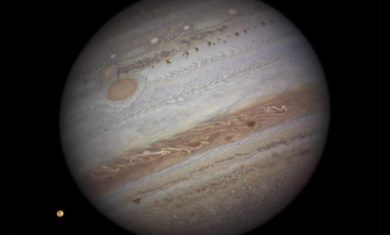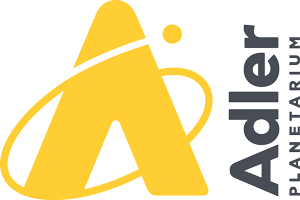NASA Research You Can Contribute To Right Now

Header Image: Person sitting at a desk with their laptop on Adler Zooniverse website homepage. 2022.
As kids, some of us would look up at the Moon and hope one day we could step foot on it. Maybe you dreamed of blasting off into space on a rocketship as a NASA astronaut or becoming a NASA scientist researching the wonders of our universe. You’re never too old to reach for the stars, so we’re here to tell you that you can actually help in real scientific NASA research!
With Adler Zooniverse, the world’s largest and most popular platform for people-powered research, you can contribute to real academic research and help scientists better understand our universe, our planet, and so much more.
There are several Zooniverse projects that are in partnership with NASA! By working with NASA, it has created new opportunities for citizen scientists in the Zooniverse community like looking at data from NASA’s missions, centers and projects in a variety of divisions like astrophysics, planetary science, earth science, and heliophysics.
You don’t need a special space suit or a physics degree to be part of this, you just need the screen you’re reading this on and a curious mind.
Jovian Vortex Hunter
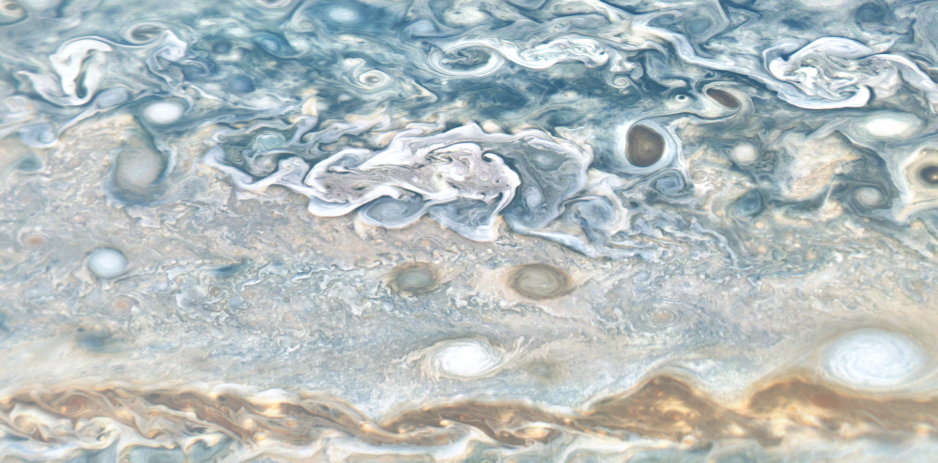
Jupiter’s atmosphere is similar to Earth’s: it has clouds of different sizes and shapes. While our clouds don’t contain anything besides H2O, Jupiter’s clouds are made of different chemicals that result in different things such as storms, vortices, and more. Help the team by cataloging interesting cloud features in Jupiter’s atmosphere to determine what leads to the formation of vortices and turbulent structures on this gas giant!
NASA GLOBE CLOUD GAZE
Usually, we are telling you to look up at the night sky, but for this project, we need help observing the clouds! Join the team and help NASA better understand the impact clouds are having on the Earth’s climate.
Floating Forests
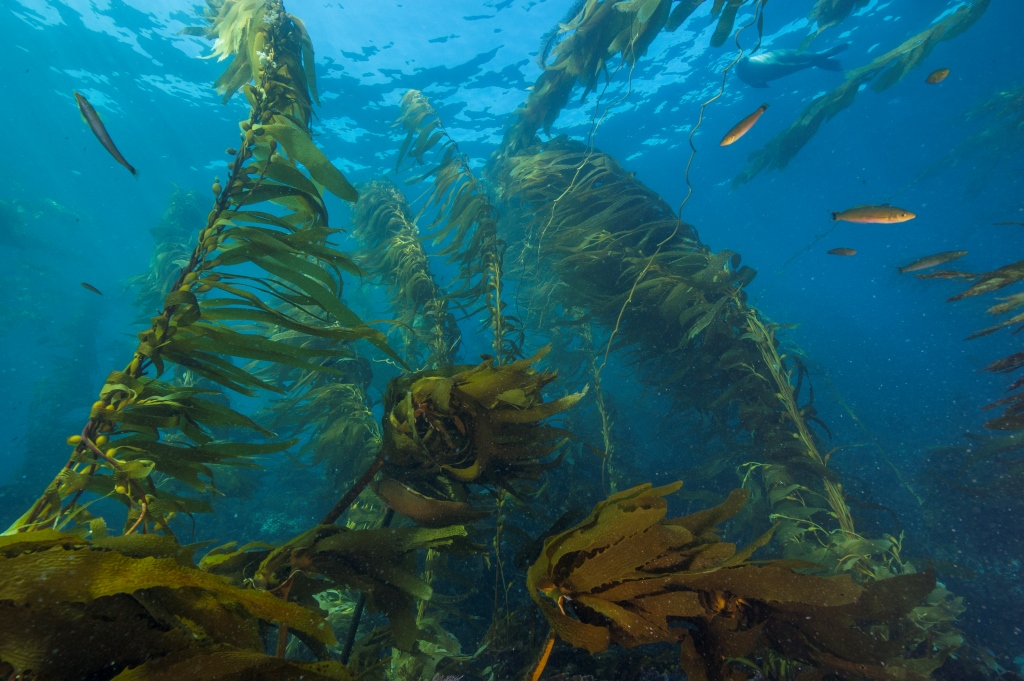
You don’t need any scuba gear for this project! Giant kelp forests are an amazing ecosystem as they provide food and habitat for many species and are an important source of ingredients for common household products. Dive into the search for these forests by browsing satellite images taken from space so researchers can better understand how forests of kelp grow and change over time.
Solar Jet Hunter
Observing the closest star to Earth—the Sun—has led to many discoveries that scientists investigate in detail. By understanding how the Sun works, we can learn how other stars in our universe work. Look for solar jets to uncover some of the Sun’s mysteries and better understand data from NASA and ESA flagship solar missions: The Parker Solar Probe and Solar Orbiter.
AI4Mars
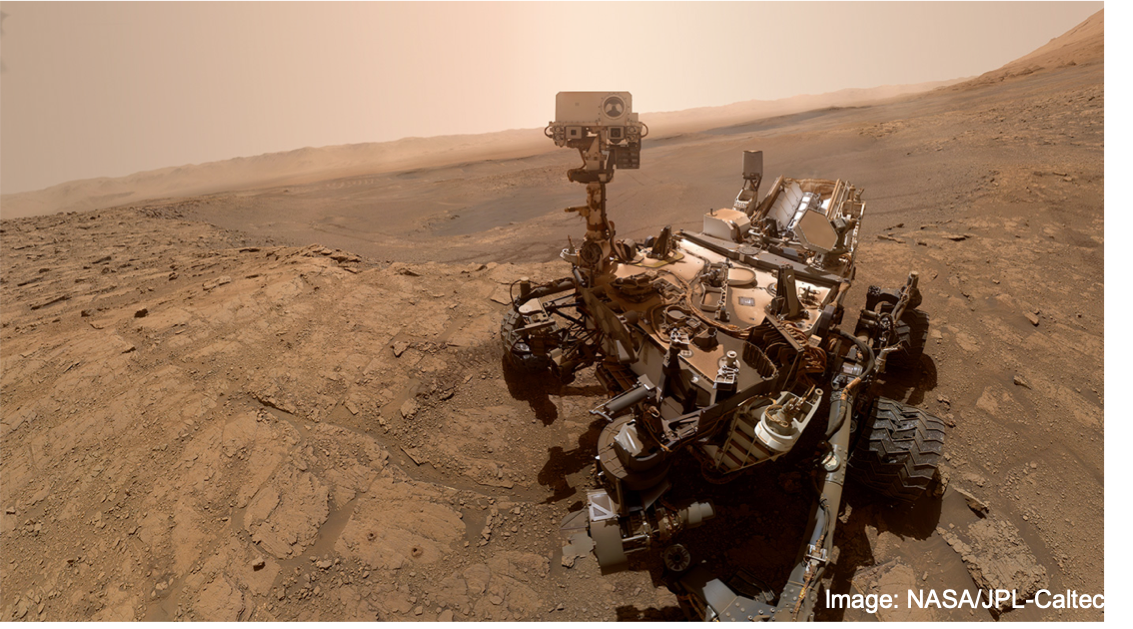
You can have a hand in helping future Mars rovers explore the rocky Red planet. Help this team label types of surfaces from sets of images captured by Mars rovers, for successful future uncrewed space exploration missions. With your work, you will help future rovers learn how to classify martian terrain and explore the rocky planet safer.
This July the Adler Planetarium is partnering with NASA to have “twin” models of Perseverance and Ingenuity on display from NASA’s traveling exhibit, Roving with Perseverance!
Stop by this summer to see replica models of NASA’s Perseverance rover and Ingenuity Mars helicopter! Perseverance will tower over your head and get a look at Ingenuity to see just how mighty this small historic helicopter is.
Cloudspotting on Mars
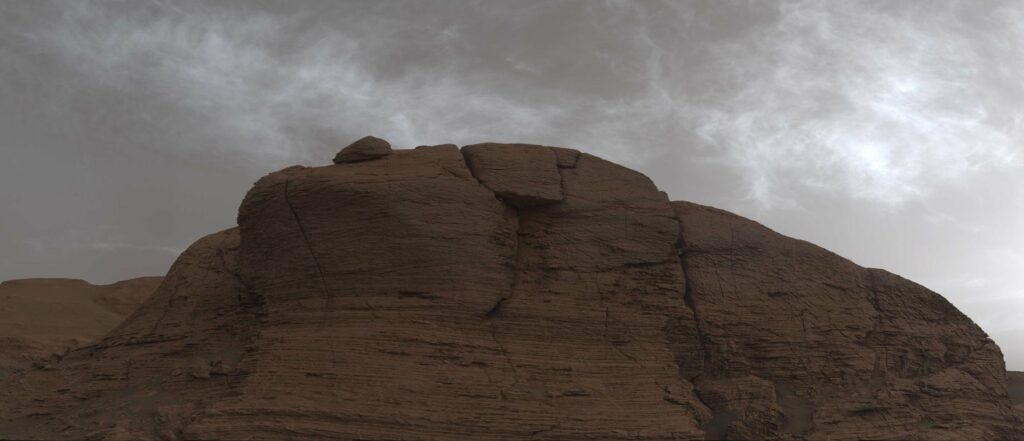
Keep the cloud frenzy going! The Mars Climate Sounder, an instrument on the Mars Reconnaissance Orbiter, is able to see clouds at very high altitudes in the Martian atmosphere and the team needs your help! Search for clouds on Mars so they can be mapped and scientists can get a better understanding of the compositions of clouds and how they form.
Learn more about Adler Zooniverse
With over 2.4 million Zooniverse volunteer citizen scientists, Zooniverse is the world’s largest and most popular platform for people-powered research, aka citizen science! Researchers need volunteers like you to assist in processing large sets of data for projects with several topics like art, biology, climate, history, language, literature, medicine, nature, physics, social science, and space.
You don’t need any special training or expertise to participate in Zooniverse projects. All you need to contribute to real academic research is a curious mind and whatever device you’re reading this on!






